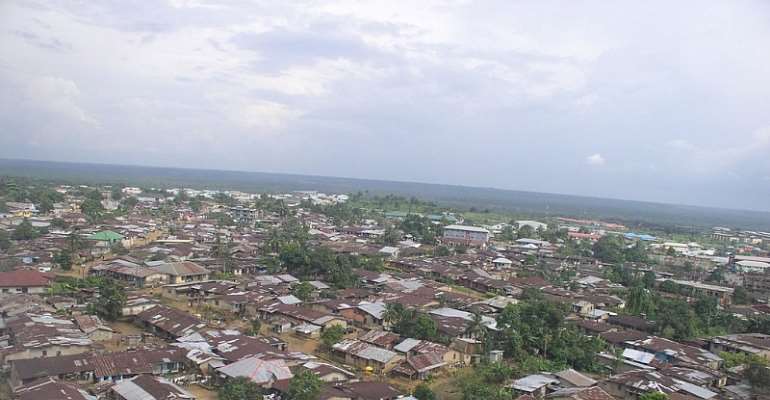Towards A Crime Free Keffi; The Friends Of Police In Perspective

Since the early 70s, community policing strategies have been purportedly initiated across the globe to address notable issues of fear of crime, crime and Community disorder. These among others are public safety issues that community policing seeks to address.
Policing is too serious a business to be left to the security operatives alone. The central goal of community policing is for the police and other sister agencies to build relationships with the community through interactions with local agencies, unions, associations, groups, NGOs, public office holders and the general public, creating partnerships and strategies for reducing crime and disorders in our society. Most importantly, the concept is intended to bridge the gap in perceptions between security agencies and residents.
Over time, this policing ideology has received considerable attention and support among scholars, police administrators, criminal justice practitioners, traditional and religious leaders. Although the methodological rigour and scientific intrigues of community policing cannot be over emphasised, it is pertinent that as inhabitants and partners in progress for crime free and sustainable society, we collectively channel our moral rectitudes and tactical intelligence to making our society, keffi and indeed, Nasarawa State a safer place to live irrespective of our social stratas.
The challenges facing the police and other sister agencies are lack of logistics and personnel compared to the area and population of our community. The Friends of Police Cooperative Society Keffi, under the nurturing and leadership of Col. Babayo Ibrahim, Rtd., is thus, taking prudent steps to form an organization that will involve every community stakeholder in some selected works of the police, using a variety of integrated approaches such as logistics support to security agencies, Voluntary Patrol Scheme, radio programmes, publications, Work Space Security System, building relationships with political, religious and traditional leaders, flash points identification, information gathering and sharing, capacity building and empowerment.
Since it's inception in 2008 and subsequent registration in 2015, the Friends of Police Cooperative Society, Keffi, has grown to become a child of necessity at this volatile era of insecurity in our community. Our operational office is currently undergoing expansion to cater for the rising need of community inhabitants who besiege the office daily for security related concerns. In a bid to enhance organizational growth, the following persons were elected to serve in their respective capacities as follows; Col. Ibrahim Babayo, Rtd, Chairman, Comr. Oyibo Alidu, Vice Chairman I, Hajia Hauwa Mainoma, Vice Chairman ll, Barr. Kaigama Ibrahim, Legal Adviser, Mr. Leonard Onoja, Financial Adviser I, Dr. Kla Ponmwa, Financial Adviser II, Comr. Mohammed G. Jakwa, Secretary.
Others include; Pastor Samaila Tanko, Assistant Secretary, Mr. Maichibi Solomon, Financial Secretary, Ms. Angela Nnedinso, Treasurer, Comr. Afolabi O. Peter, Provost, Mr. Ishaku Sarki, Ex-Officio, Mr. Yahaya Muazu, Welfare Officer and Comr. Omaga Daniel as Public Relations Officer. The organization has been further opened for membership to well meaning individuals to enhance sustainability through meaningful collaborative and collective efforts.
If the crime rate in Keffi and her environs is to be reduced, the support of every community member is absolutely necessary. Thus, the spirit of community empowerment, smart partnership and interdependency between all stakeholders and other interested parties is needed through active and interactive ways. We recognize that our political leaders have a major role to play. However, we are calling on the general public to become Friends of Police today so we can build the safe and secure society of our dreams.
Comrade Omaga E. Daniel, Public Relations Officer, Friends of Police, writes from Keffi.
